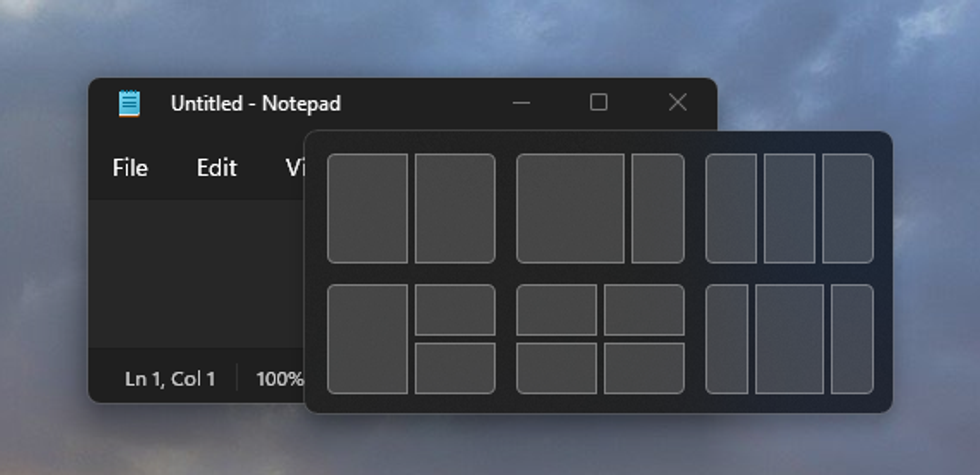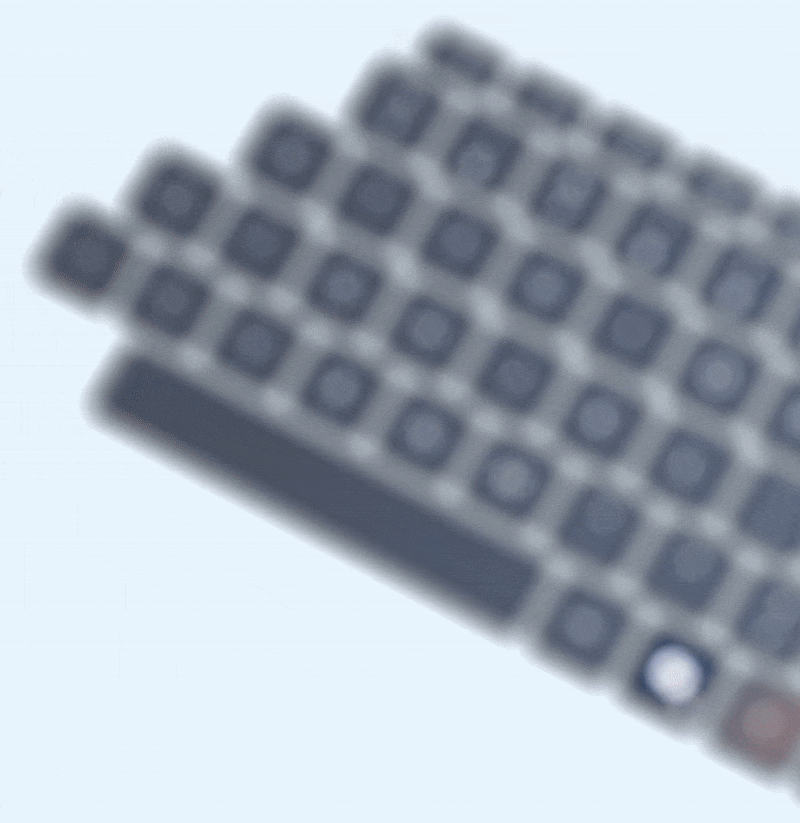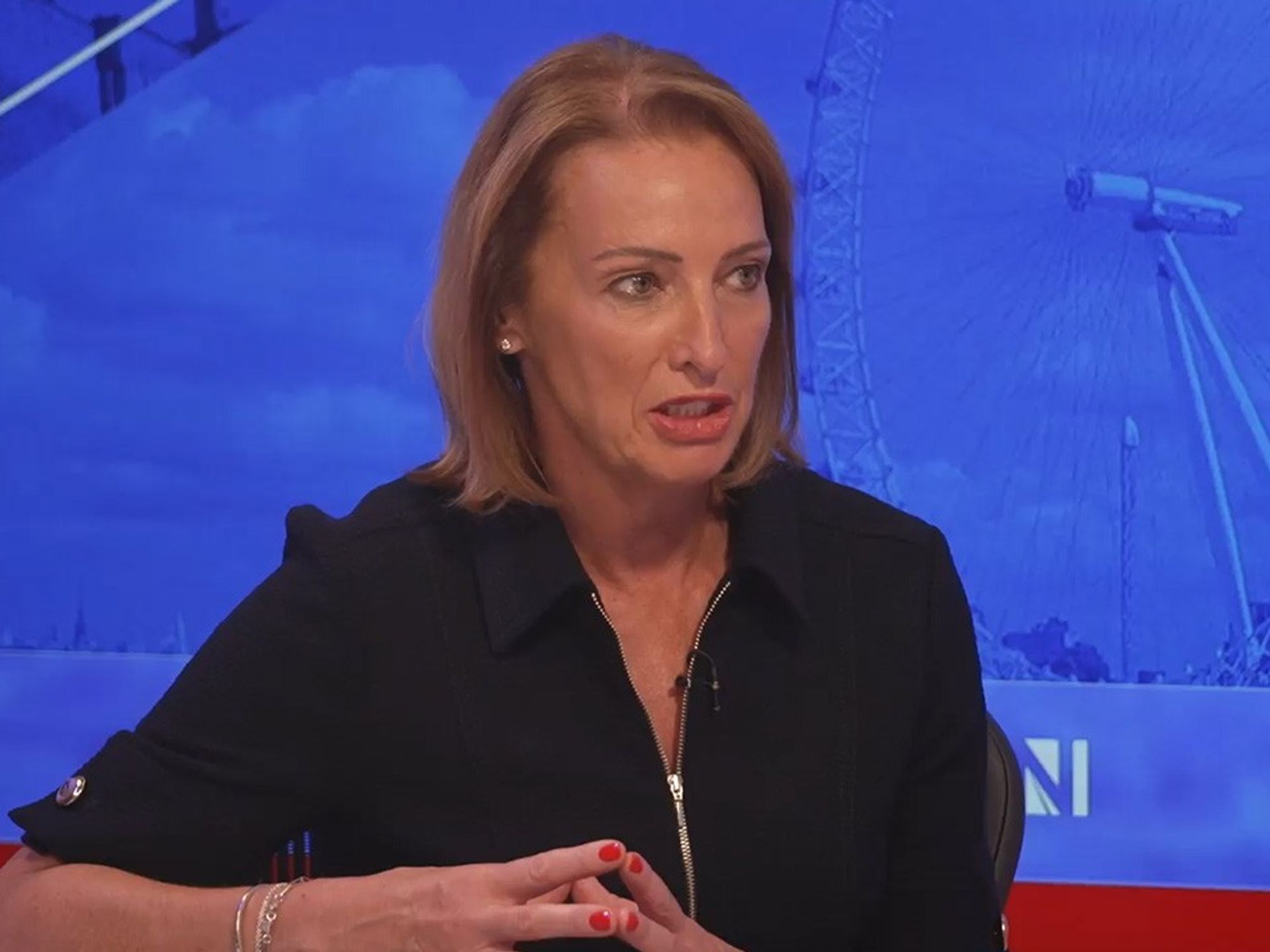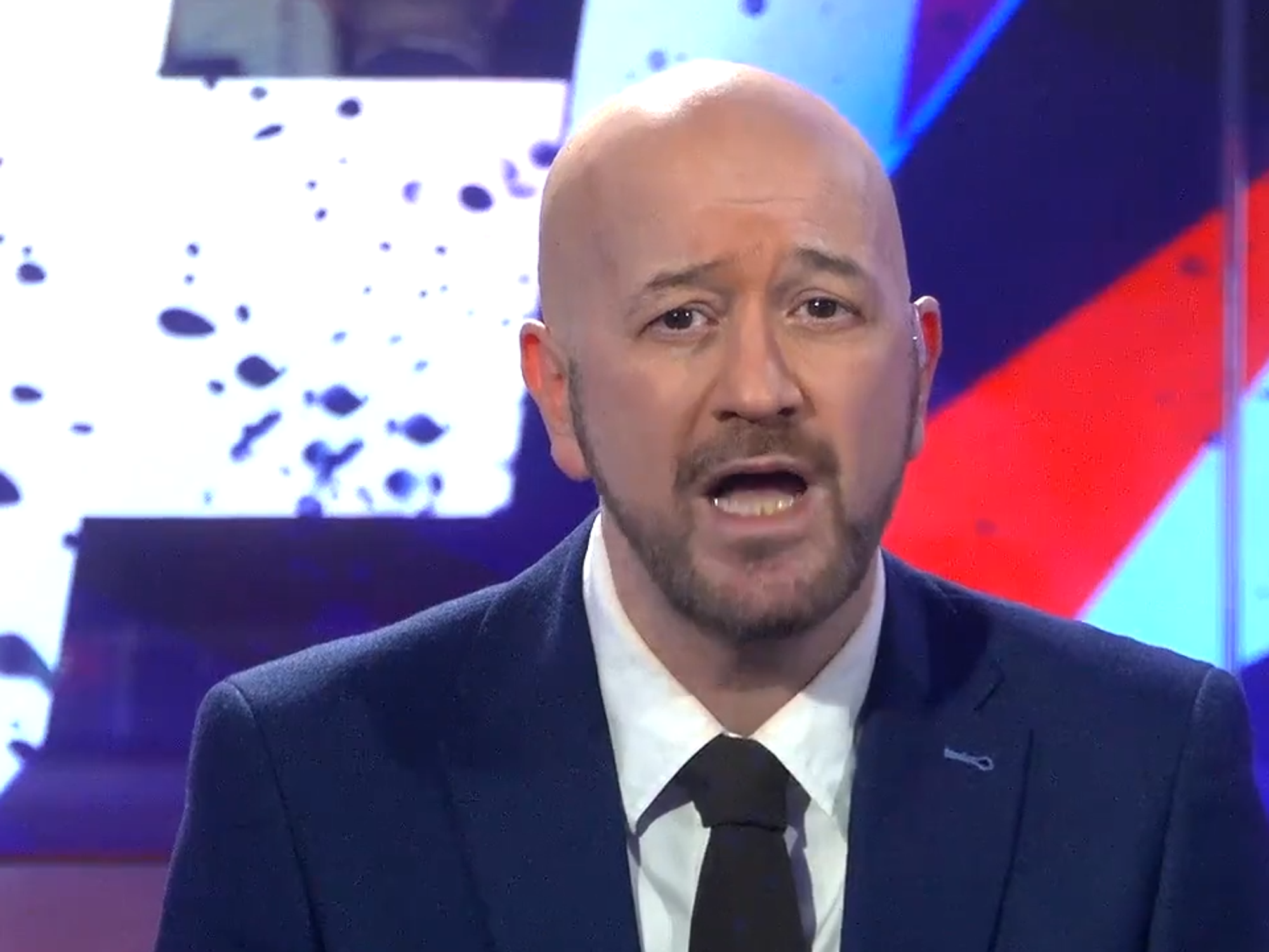Ditch your current PC for a brand-new model with Windows 11, Microsoft advises millions

Despite the looming deadline, over 60% of devices powered by Microsoft software still rely on Windows 10
- Windows 10 end-of-support deadline is scheduled for October next year
- After that, critical software updates will only be available at a cost
- Microsoft offers free Windows 11 upgrade to compatible devices
- But if your device doesn't meet the requirements, you're out of luck
- Microsoft now advises anyone in that position to "buy a new PC"
- The guidance has been criticised since it will generate e-waste
Don't Miss
Most Read
If you're faced with losing access to critical updates for your laptop or desktop PC — you should buy a new model powered by Windows 11, Microsoft has advised millions.
The controversial guidance, published in a support document updated this week, comes as Windows 10 fast approaches its end of support date in October 14, 2025.
After that deadline, Microsoft will no longer issue critical software updates to fix vulnerabilities, bugs, and glitches in the software — the most popular desktop operating system on the planet. Without these, Microsoft warns that Windows 10 will be left "at greater risk for viruses and malware".
As such, millions of Windows 10 users now face a crucial decision: sign up for the Extended Security Update (ESU) subscription at a cost of £337 to enjoy an additional three years of software updates, or take advantage of the free update to Windows 11. Unfortunately, strict system requirements with the Windows 11 operating system prevent a significant number of machines built for Windows 10 from making the switch.
If you find yourself in that situation, Microsoft says you should just buy yourself a new PC.
 Windows 11 reworks the design of the operating system and brings the iconic Start Menu to the centre of the screen for the first time | MICROSOFT PRESS OFFICE
Windows 11 reworks the design of the operating system and brings the iconic Start Menu to the centre of the screen for the first time | MICROSOFT PRESS OFFICE Unsurprisingly, the recommendation has raised eyebrows, particularly given the potential environmental impact of discarding functional computers and the financial burden on users during challenging economic times. Analysts at Canalys Research have already warned that Microsoft's decision to end support for Windows 10 could push as many as 240 million laptops into landfill.
Microsoft argues: "While you could continue to use your PC, without continued software and security updates your PC is at greater risk for viruses and malware. We recommend upgrading to a version of Windows that's still supported. A new device that can run Windows 11 makes for an easy transition and a great experience."
If you haven't used Windows 11 before, the latest desktop operating system boasts an entirely-new look with tightly-rounded corners across all applications, similar to macOS. There's also a lot of transparent elements and you can switch between Light and Dark Modes throughout the day to make everything easier on your eyes.
Windows 11 puts a new focus on Copilot — the latest Artificial Intelligence (AI) assistant built by Microsoft, which can find documents across your hard-drive and cloud storage, change system settings, translate in real-time, and much more. Microsoft has also improved the Snap functionality to send applications to corners of the screen, with groups saved so you can jump back into the same layout at a later date.
The Start Menu has also been redesigned, and sits at the centre of the taskbar that runs along the bottom of the screen. Windows 11 also resurrects widgets, which feature personalised feeds of the latest headlines, weather forecasts, traffic conditions, sports scores, and stock market data, all powered by Artificial Intelligence.
 Microsoft has tweaked the snap functionality in Windows 11, with the operating system remembering your preferred layouts | MICROSOFT PRESS OFFICE
Microsoft has tweaked the snap functionality in Windows 11, with the operating system remembering your preferred layouts | MICROSOFT PRESS OFFICE For the first time, Windows 11 lets you set a different wallpaper image or colour for every virtual desktop you're running — handy for those who use one desktop for work applications and another for personal use. Default apps, like Photos, Notepad, Media Player, Mail, and Settings have all been redesigned from the ground-up too.
Windows 11's minimum requirements have been a point of contention since its release back in October 2021. The desktop operating system demands a 64-bit processor, a minimum of 4GB of RAM and 64GB of storage. More controversially, it requires TPM 2.0 and Secure Boot capabilities, features absent in many older PCs.
Microsoft says this hardware is required as it enables many of the security features baked into the operating system — making it more secure and ensuring your important files remain under lock-and-key.
While there are unofficial workarounds exist to bypass eligibility checks — enabling PCs that do not meet these requirements to install the successor to Windows 10, these involve registry modifications and may lead to future update issues. Some users have found success with third-party tools like Rufus, which offers a Registry bypass hack for Windows 11 24H2 in-place upgrades on ineligible systems.
Without these workarounds, the strict requirements have left numerous Windows 10 users unable to upgrade. Microsoft's PC Health Check app can determine a system's compatibility, as can third-party tools like WhyNotWin11.
For those on pre-Windows 10 systems, the upgrade path is even more challenging, since Microsoft does not offer a free upgrade. Instead, you'll need to either purchase Windows 11 or consider a newer Windows 10 device that meets the stringent criteria.
Earlier this summer, the first batch of so-called Copilot+ PCs was released. These new these models benefit from a raft of exclusive features that you won't find on any previous Windows 11 models. That's because Copilot+ PCs require a system-on-a-chip with a portion of its circuit board dedicated to Artificial Intelligence tasks, known as the Neural Processing Unit.
This enables the exclusive Windows 11 features, like real-time translation during video calls or when watching YouTube videos, a new Image Creator to generate never-before-seen images from a written prompt, and a "photographic memory" for everything you do on your PC known as Recall, which was delayed over security concerns after Elon Musk cautioned millions to disable it but will now release in a few weeks.
 Microsoft has placed such emphasis on its ChatGPT-powered Copilot AI assistant that it made the first change to the standard keyboard layout for all Windows PCs in three decades — a Copilot key | MICROSOFT PRESS OFFICE
Microsoft has placed such emphasis on its ChatGPT-powered Copilot AI assistant that it made the first change to the standard keyboard layout for all Windows PCs in three decades — a Copilot key | MICROSOFT PRESS OFFICE These devices are also the first to ship with a new button on the keyboard dedicated to Microsoft's Copilot AI assistant — the first shake-up to the Windows keyboard layout since the Start key was introduced back in 1994.
LATEST DEVELOPMENTS
- Unprecedented Sky TV deal with BT unlocks Sky Stream box for millions
- Controversial AI blocked by EU coming to Facebook accounts in UK
- Best VPN deals
- Google launches powerful new Fire TV rival in the UK
- Best Sky Stream deals
"Copilot+ PCs are the fastest, most intelligent Windows PCs ever built," Yusuf Mehdi, who serves as Chief Marketing Officer for Microsoft, penned in a recent blog post. "With powerful new silicon capable of an incredible 40+ TOPS (trillion operations per second), all–day battery life and access to the most advanced AI models, Copilot+ PCs will enable you to do things you can’t on any other PC."
Microsoft has spearheaded this all-new category of Windows 11 laptops with its own new Surface Laptop and Surface Pro, while Samsung's first Copilot+ PC is Galaxy Book 4 Edge. There are also devices with all of the exclusive Windows 11 features from ASUS, Lenovo, and HP too. All of these are available to buy today.










